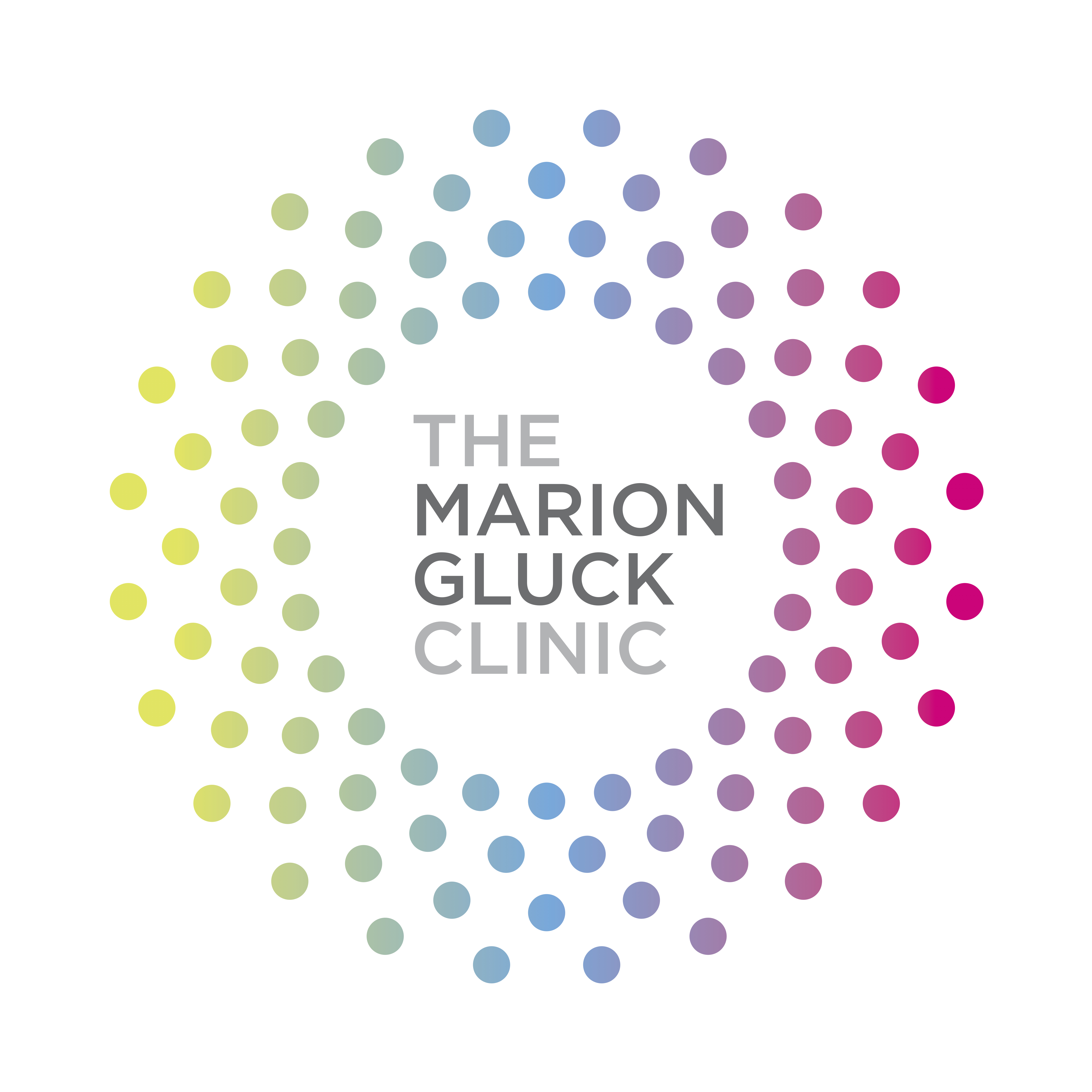Overtraining Syndrome And Hormone Imbalance
Too much of a good thing can be wonderful — unless it's exercise. Too much can result in overtraining syndrome, resulting in hormone imbalance.
What is overtraining syndrome?
Overtraining syndrome happens when the balance between training and recovery gets out of sync. Basically, the body loses its ability to return to its set point after training. And this really takes its toll on our hormones, particularly testosterone.
When we exercise, first testosterone goes up. Then, especially with endurance exercises, it can start to drop. Typically we need some good night’s sleep for testosterone to bounce back.
Overtraining makes us more akin to an old squash ball: rebounding of testosterone is delayed and if we keep overtraining, testosterone actually drops low all the time.
Vitamin D and testosterone
Going too hard for too long can actually impair your hormone levels.
The body is furiously trying to make more testosterone — we use vitamin D to make testosterone, and vitamin D deficiency is common in athletes despite the fact they can spend a lot of time outside training.
Since we need vitamin D to make testosterone, it's no surprise that signs of vit D deficiency include muscle weakness and myopathy. Vitamin D supplementation increases strength, aerobic power and capacity and sprinting ability. This important vitamin also plays a big role in muscle regeneration following injury.
Progesterone, estradiol, and cortisol imbalance
Progesterone, estradiol, and cortisol also need to be balanced along with testosterone.
Progesterone works synergistically with our thyroid hormones, which regulate our energy availability. It can also balance excess cortisol, which can cause muscle breakdown and fatigue.
Estradiol is responsible for controlling inflammation, reducing muscle damage, and helping break down fat for fuel.
Men and women vary in many ways when it comes to sports and exercise but the biggest difference — which can have far-reaching effects — is the cyclical change in hormones that occur in women throughout the menstrual cycle.
Can hormone fluctuations cause workout injuries?
Fluctuations in hormones can increase the risk of certain types of injuries during different phases of the menstrual cycle.
Oestrogen dominance may be a problem. One study found that knee injuries are more common in the times of the cycle when oestrogen is high and progesterone low. The same injuries were less common at the time of the cycle when both oestrogen and progesterone were high, meaning it's not oestrogen per se that’s at fault, but too much oestrogen relative to the amount of progesterone.
Another way in which progesterone might be helpful in exercise is that it may delay exercise fatigue by keeping lactate levels low (lactate buildup is what causes us to get a stitch).
Another study found that higher levels of oestrogen and progesterone can lessen the severity of concussions.
For more information and to book an assessment, please get in touch with our team of expert medical advisors.






